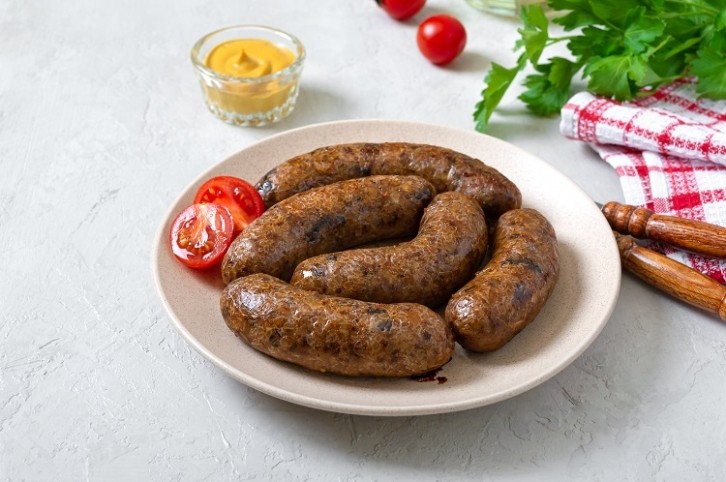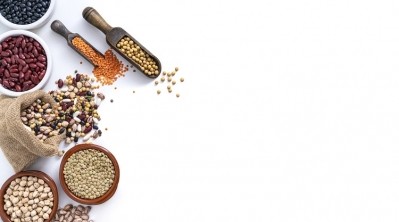German Government to boost alternative proteins with €38m investment

Alternative proteins are a key area of investment in a number of European countries. In August, the UK announced the launch of an innovation hub to boost research into alternative proteins. Catalonia, Spain followed in October, announcing it would invest €7m into alternative protein research.
Now, it’s Germany’s turn. The announcement was made last week by Dr Zoe Mayer, a member of the German Parliament and of the Alliance90/Green Party who serves on the Committee on Food and Agriculture.
The plan
Germany’s Federal Ministry of Food and Agriculture (BMEL) announced a breakdown of the funding.
Eight million euros of the funding will focus on promoting protein directly for human consumption, rather than animal feed.
The investment will be used to establish a ‘competence centre’ (centres staffed with experts who are there to provide consultation in a given field) on future proteins, as well as a stakeholder forum on protein sources for human nutrition. The competence centre will be a ‘contact point’ for startups.
However, the majority of the funding, some €20m, will be devoted to phasing out animal husbandry, instead promoting the transition towards the production of cultivated, fermented and plant-based proteins.
The final €10m will be dedicated to finding the best new and innovative methods for the production and processing of these kinds of proteins.
The makings of the decision
Germany is a key market for alternative proteins. For example, a recent study, which also analysed Denmark, France, Italy, Poland and Spain, found that Germany had the greatest market potential for plant-based dairy out of the countries surveyed.
Furthermore, a recent report by BMEL reflects Germany’s shift away from traditional meat consumption. According to the report, only 20% of its population consume meat daily, with 46% of those surveyed saying that they consciously limit their intake of meat, and 10% incorporating plant-based alternatives. Additionally, more than half of Germany’s population had purchased alternative proteins at least once.
The basis of the decision to invest lay in politics as well. The money for the investment was freed up after Germany’s Federal Constitutional Court decided to nullify the coalition government’s second supplementary budget, which left €60bn for climate protection projects.
“Germany is following the lead of pioneering nations, such as Denmark, the Netherlands and the UK, who have made the diversification of protein supply a top priority and are already investing in the expansion of corresponding ecosystems,” said Jens Tuider, Strategic Director of the ‘food awareness’ organisation ProVeg International.
“This puts Germany in an excellent position to maximise the opportunities offered by sustainable protein supply – spanning climate and health benefits, generating future-proof employment, and establishing leadership in innovation in a rapidly expanding global market.”
















